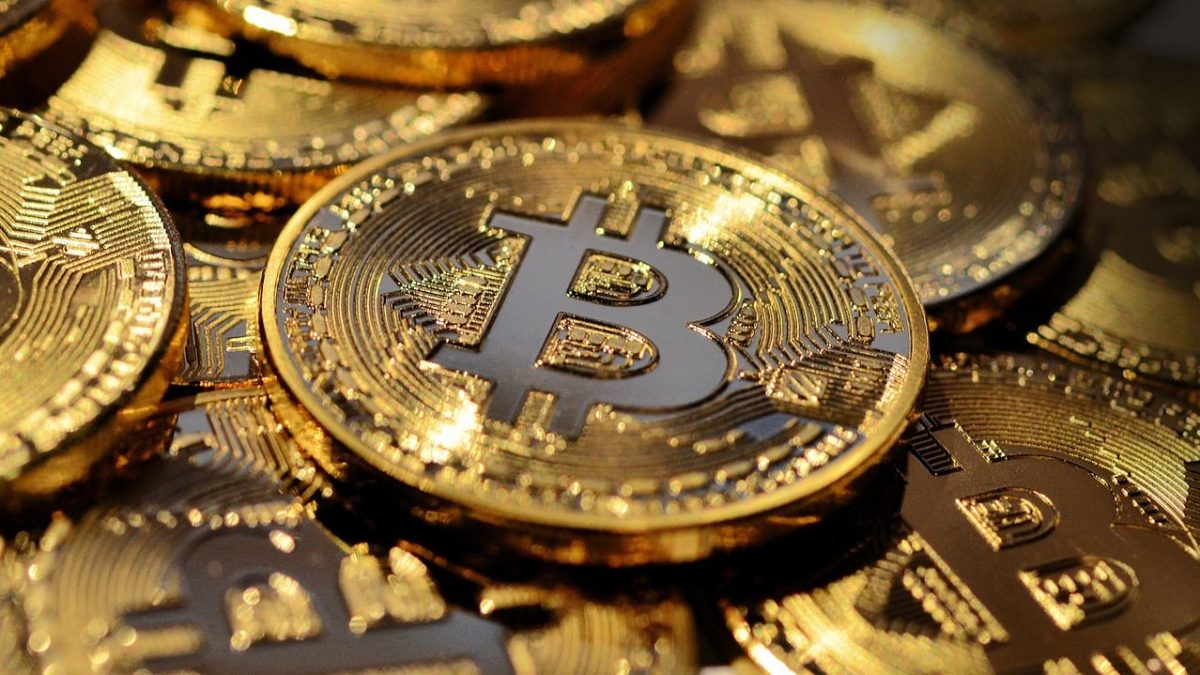El Salvador, the pioneering nation that made Bitcoin legal tender in 2021, has surpassed 6,000 BTC in its treasury, valued at $561.3 million as of the latest update. This milestone represents not only a strategic accumulation effort but also a bold economic experiment under President Nayib Bukele’s leadership.
With a 105% unrealised return on its Bitcoin holdings, the country’s foray into cryptocurrency seems profitable on paper. Questions remain about the sustainability of this strategy, particularly as global economic conditions and crypto market volatility pose ongoing challenges.
El Salvador’s Bitcoin journey
El Salvador became a global crypto pioneer on 6 September 2021, adopting Bitcoin as legal tender alongside the US dollar. Its initial investment of 200 BTC has since grown through consistent purchases, including a $1 million buy after securing a $1.4 billion agreement with the International Monetary Fund (IMF).
These investments have elevated El Salvador to the sixth-largest Bitcoin-holding nation, alongside powerhouses such as the United States and China.
Despite facing criticism from institutions like the IMF, Bukele’s administration doubled down on its Bitcoin strategy, implementing a daily BTC purchase program. This unwavering commitment has paid off during the recent cryptocurrency market recovery, with the nation’s portfolio experiencing a significant unrealised gain of $152 million.
The National Bitcoin Office has spearheaded this initiative, tracking and publicising data through Nayib Tracker. Over the past month alone, the country added 53 BTC, valued at $4.95 million, highlighting its systematic approach to accumulation.
These purchases have not only bolstered the treasury but also validated Bukele’s economic gamble—at least for now.
Can Bitcoin growth be maintained?
While El Salvador’s Bitcoin experiment has seen a financial turnaround, its long-term success hinges on several factors. The nation’s average acquisition cost of $45,465 per BTC raises questions about the sustainability of profits if market prices falter.
The cryptocurrency’s notorious volatility could undermine the government’s ability to leverage its holdings during economic downturns.
The $1.4 billion IMF deal provides temporary fiscal breathing room but also places pressure on the administration to demonstrate the viability of Bitcoin as an economic pillar. Critics argue that relying heavily on a speculative asset may expose the country to risks, particularly in the absence of diversified revenue streams.
Furthermore, global macroeconomic conditions remain a critical factor. With central banks tightening monetary policies and economic growth slowing in key markets, cryptocurrency adoption and valuations could face headwinds.
El Salvador’s crypto-centric strategy may also complicate relationships with international lenders, potentially limiting access to future funding.
What’s next for El Salvador’s Bitcoin ambitions?
As the country surpasses 6,000 BTC, valued at over half a billion dollars, its achievements are undeniably remarkable. Sustaining these gains requires careful navigation of market dynamics and economic policies.
The administration’s success in using Bitcoin to stimulate growth, attract investment, and maintain financial stability will determine whether El Salvador’s gamble sets a global precedent or becomes a cautionary tale.
By focusing on expanding initiatives through the National Bitcoin Office, El Salvador has an opportunity to solidify its position as a leader in crypto adoption. However, balancing this ambition with fiscal prudence will be crucial as the world watches this unprecedented experiment unfold.
The post El Salvador now holds 6,000 BTC: can Bitcoin success story sustain? appeared first on Invezz

